Section 5
Cancer and Gene Regulation
Book
Version 32
By Boundless
By Boundless
Boundless Biology
Biology
by Boundless
5 concepts
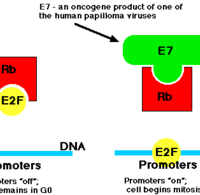
Altered Gene Expression in Cancer
Cancer, a disease of altered gene expression, is the result of gene mutations or dramatic changes in gene regulation.
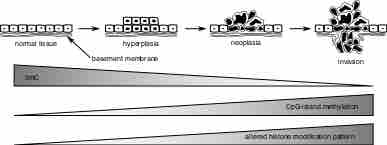
Epigenetic Alterations in Cancer
Common in cancer cells, silencing genes, which occur through epigenetic mechanisms, include modifications to histone proteins and DNA.
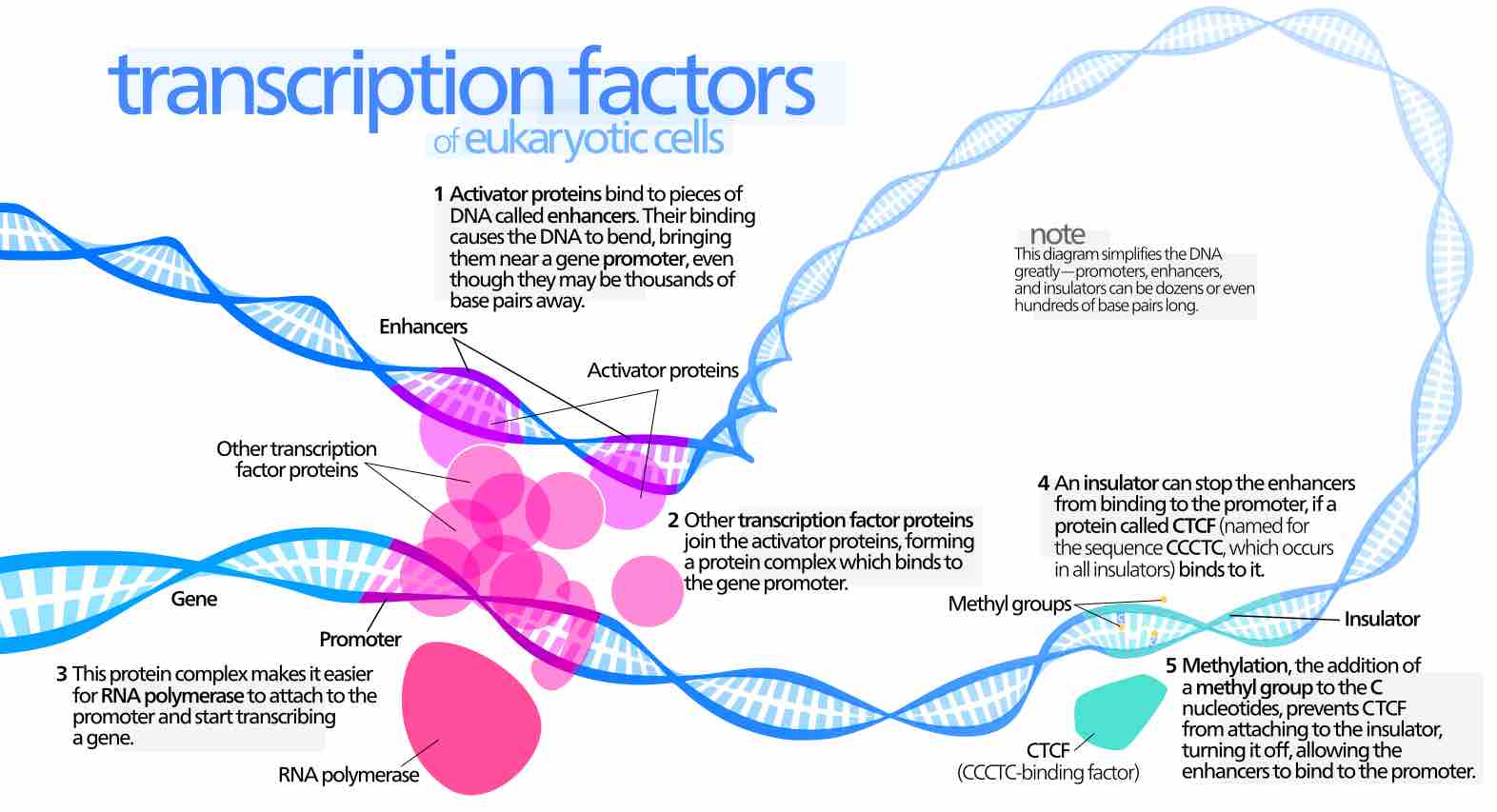
Cancer and Transcriptional Control
Increased transcriptional activation of genes result in alterations of cell growth leading to abnormal gene expression, as seen in cancer.
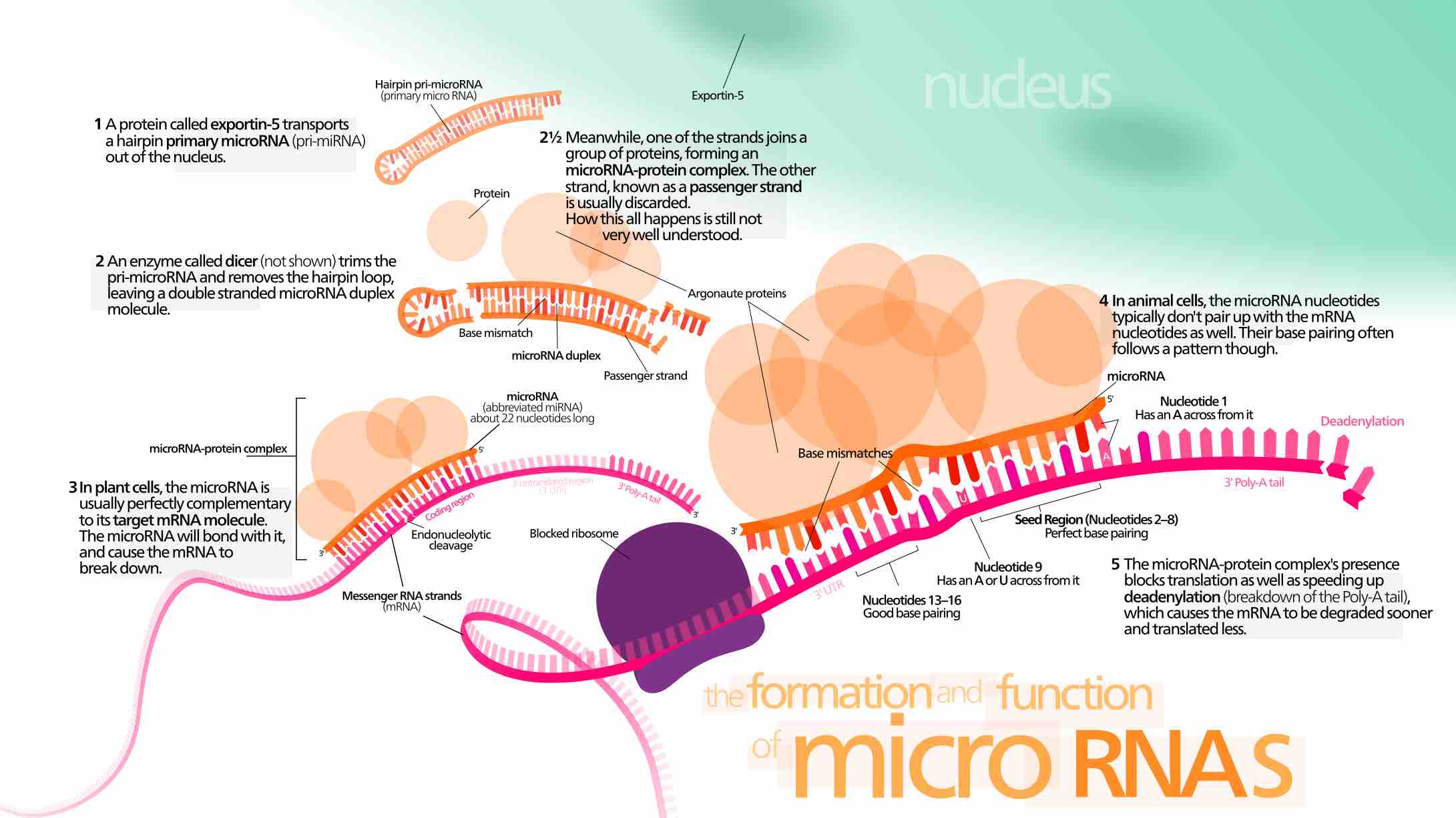
Cancer and Post-Transcriptional Control
Modifications, such as the overexpression of miRNAs, in the post-transcriptional control of a gene can result in cancer.
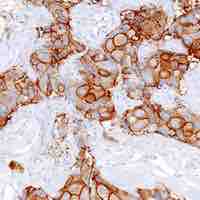
Cancer and Translational Control
Cancer can arise from translational or post-translational modifications of proteins.